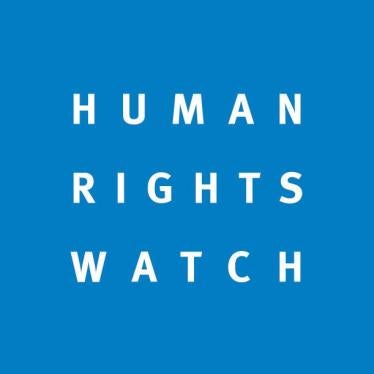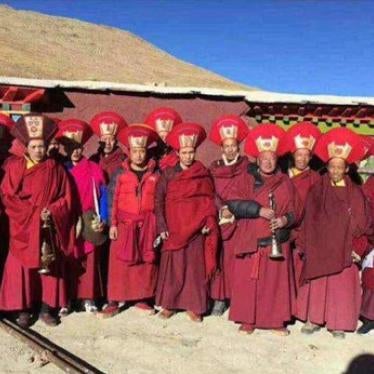The Hong Kong government’s harsh reaction against peaceful protestors last weekend have provoked exactly the situation it does not want—tens of thousands of people are now occupying thoroughfares, demanding democracy and defying authorities’ demands that they go home. And these protestors have made clear they are in for the long haul, even in the face of tear gas, pepper spray and increasing rhetorical threats. As recent history’s possibly most disciplined protest looks set to go on, what are the options for de-escalating , if not ending, the political crisis in Hong Kong?
The Hong Kong government appeared to have realized quickly that it misjudged the situation. On Monday, authorities softened their approach and withdrew riot police. There is speculation that the central Chinese government might demand the resignation of Chief Executive CY Leung, just as it did with a previous chief executive after the massive 2003 protest against a proposed national security bill.
But it is also possible that the Hong Kong government will try to turn public opinion against the demonstrators by insisting that they have caused great inconvenience, or they might simply appoint another Chief Executive who, if seen as a only as a proxy of Beijing, likely won’t enjoy the confidence of people in Hong Kong.
But these are not long-term solutions. The protestors’ demands are motivated both by anger towards the Hong Kong government for its unwillingness to accommodate popular demands on issues ranging from income inequality to new town planning and by the undemocratic electoral arrangements maintained by Beijing. The Chinese government should realize Hong Kong’s political system is unsustainable and must be fixed to make it more responsive to the people--handpicking candidates for the Chief Executive consistently ends badly with the Hong Kong public.
To de-escalate, the Hong Kong government should start by meeting with the protest leaders, commit to an investigation into the use of excessive force to clear protestors, and exercise restraint with respect to further uses of force. It should announce steps to make the nomination committee for the Chief Executive genuinely “broadly representative,” as articulated in the Basic Law, and grant more power to the semi-democratic Legislative Council. And authorities in Beijing and Hong Kong must revisit undemocratic electoral arrangements.
Beijing should act quickly to restore confidence in the “two systems” part of late paramount leader Deng Xiaoping’s “one country, two systems” formulation. “One country, one system” is not a solution acceptable to the people of Hong Kong.








